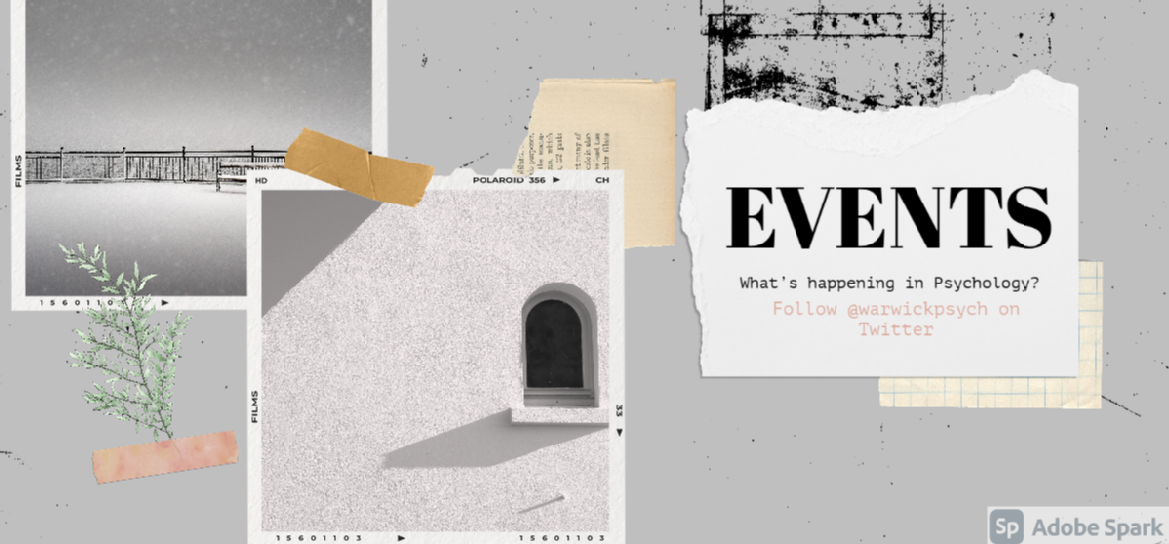Calendar of events

Wednesday, May 24, 2023
-Export as iCalendar |
Language & Learning Seminar: "The information status of iconic enrichments” Professor Cornelia EbertTeams - email for linkSpeaker: Professor Cornelia Ebert, Goethe University of Frankfurt As a formal semanticist and a computational linguist, Cornelia’s main topics of interest cover dimensions of meaning & multimodality, iconicity in language, information structure, and quantification, indefiniteness & specificity. Title: The information status of iconic enrichments Abstract: Linguistic structures can contribute different types of meaning alongside standard assertions, such as conventional implicatures and presuppositions, which have long been described as being non-at-issue meaning contributions. In my talk, I investigate the information status of iconic contributions, in particular iconic gestures and ideophones, to spoken language by presenting experimental work on the at-issue status of iconic gestures and ideophones, conducted with German speakers. We find evidence for the non-at-issue status of co-speech gestures. We furthermore argue that German ideophones provide initial evidence for the not-at-issue status of adverbial ideophones in German. Whether this non-at-issueness status of ideophones that we found for German is a general property of ideophones - also in more prototypical ideophonic languages such as e.g. Akan (Kwa) - is still to be investigated. Email Mingtong LiLink opens in a new window for Teams link.
|
